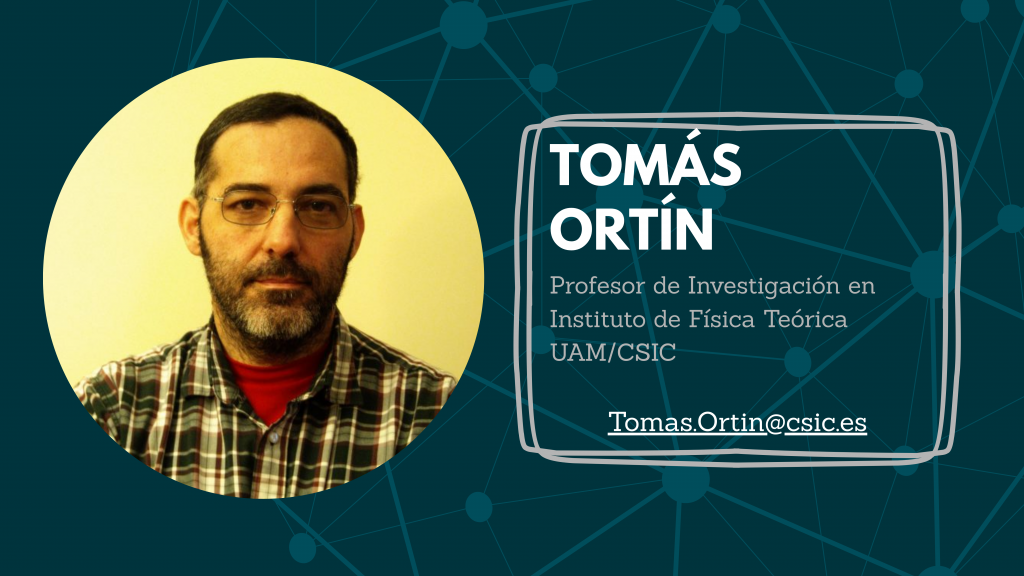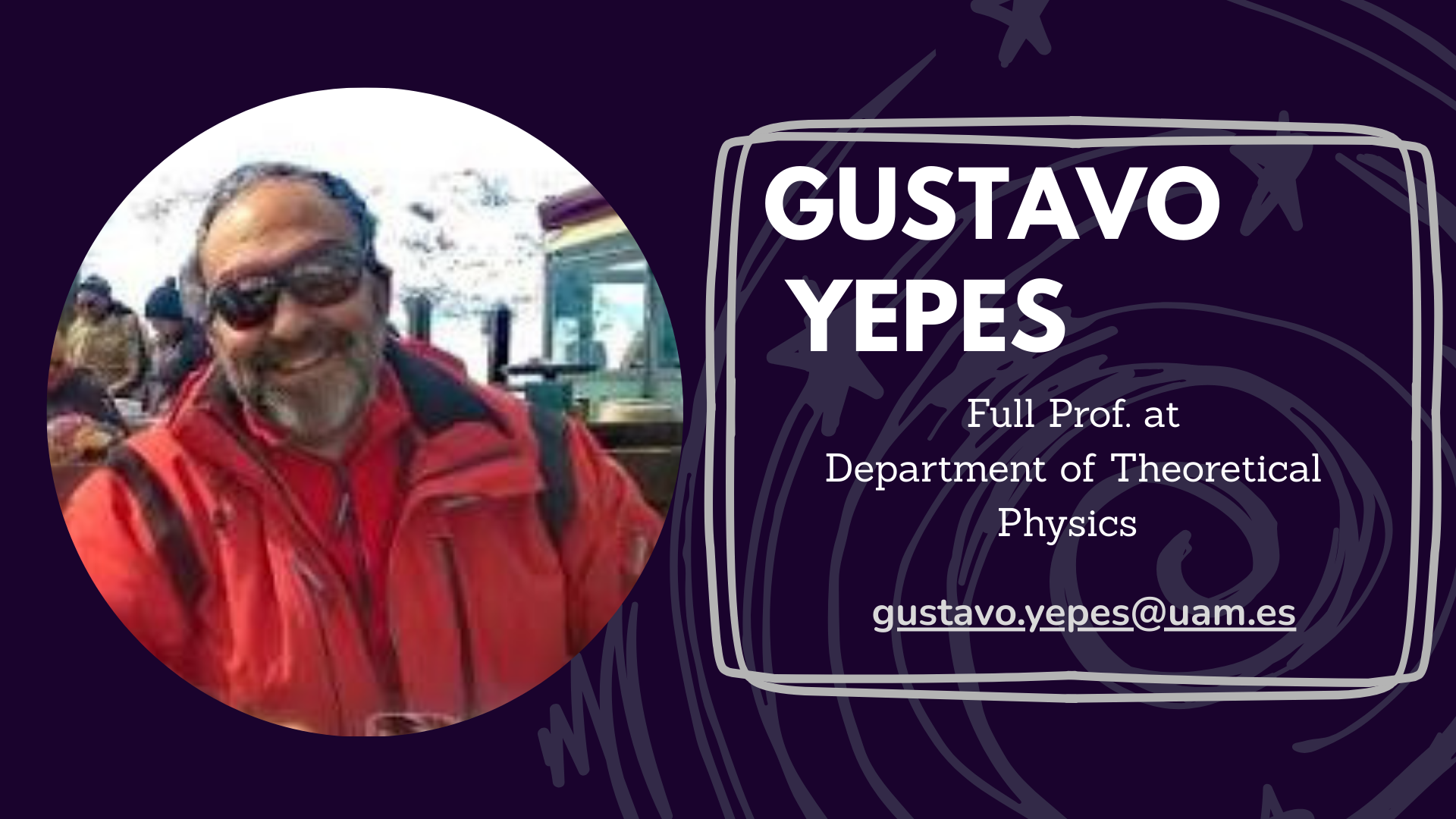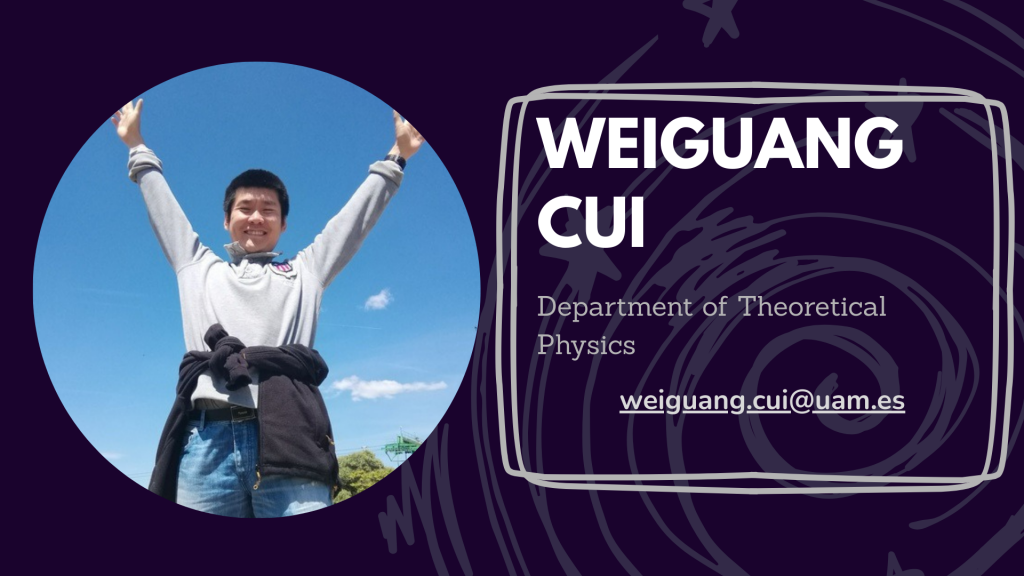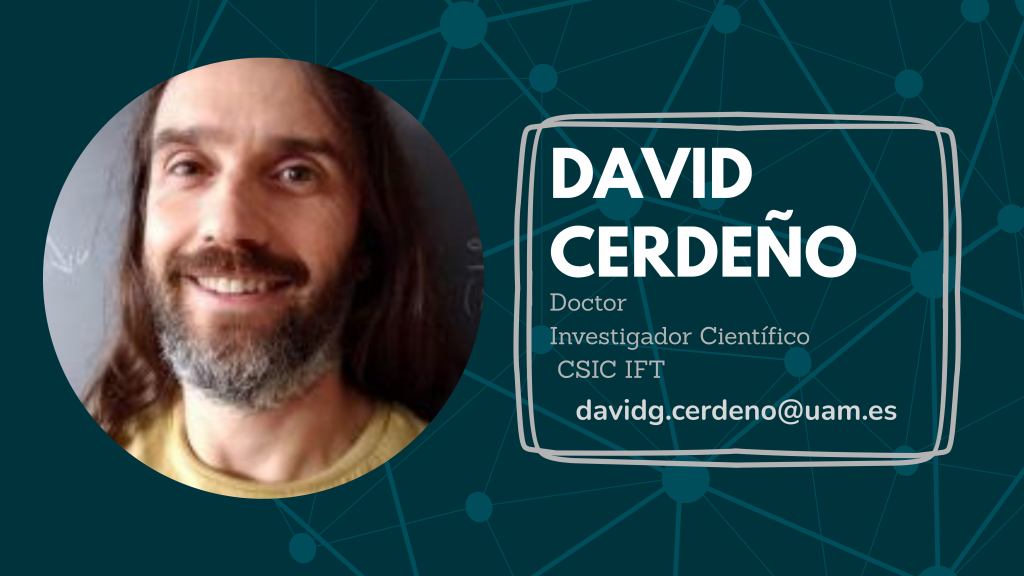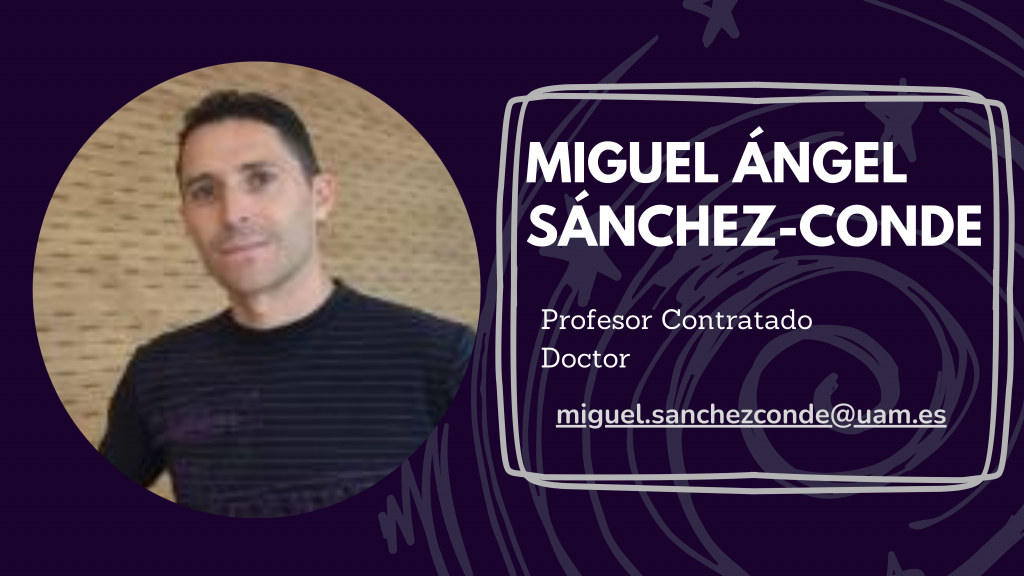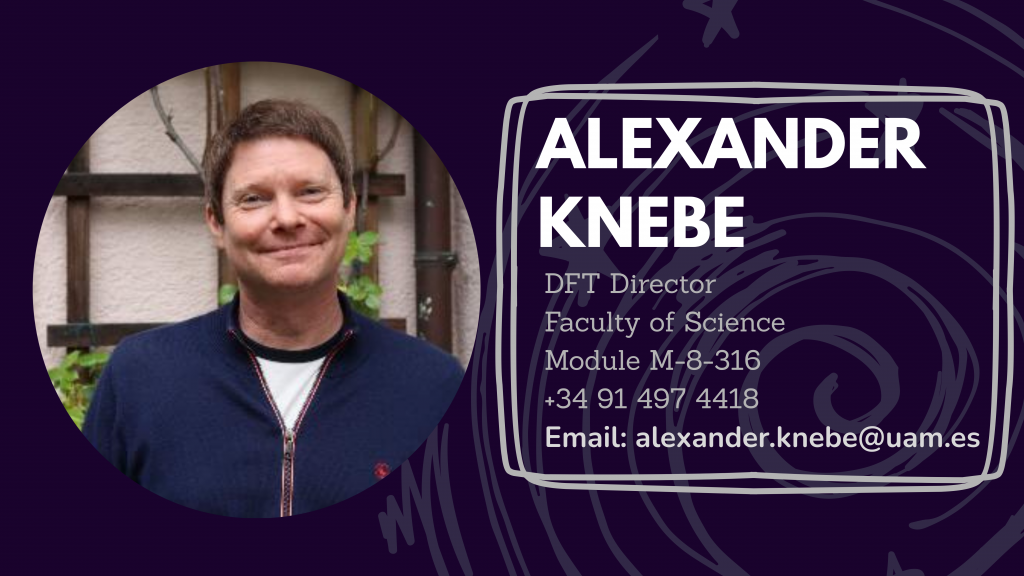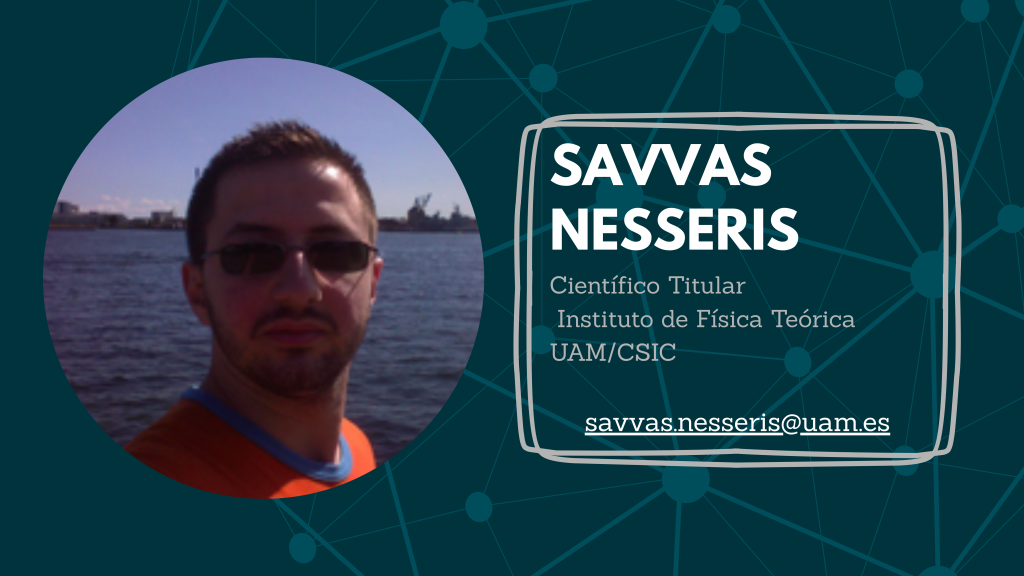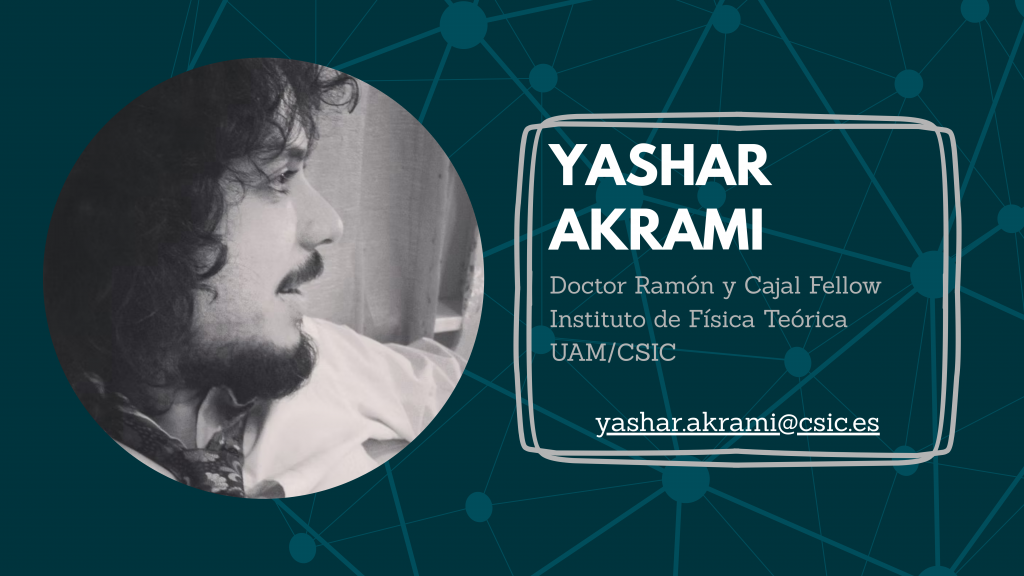Academic Team
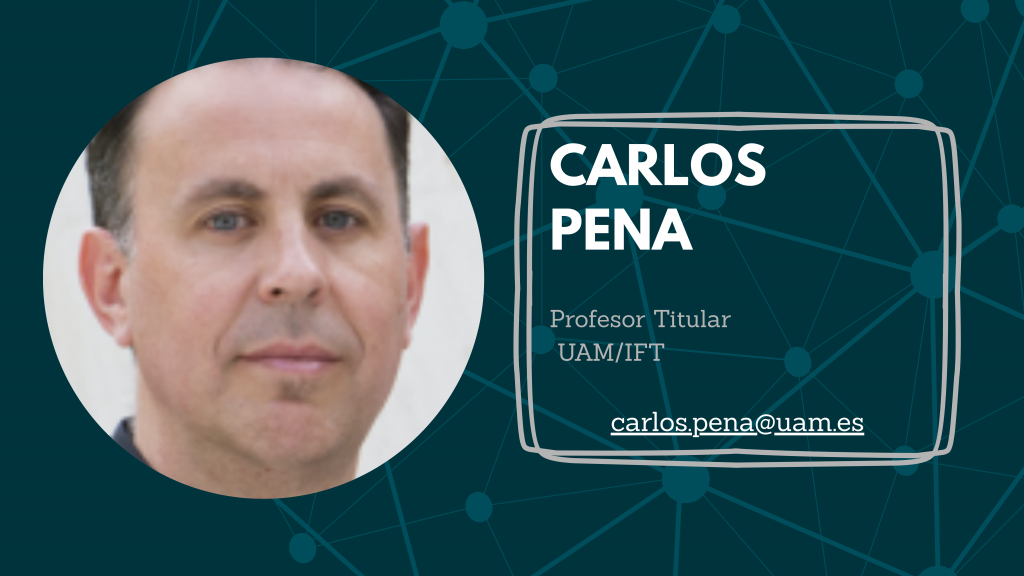
Course Content
Type: Compulsory– PEC Track – 1st Trimester
This course introduces Quantum Field Theory (QFT) in the operator formalism, providing the essential tools to describe interactions among elementary particles. Beginning with the quantization of scalar and spinor fields, students progress to Quantum Electrodynamics (QED), symmetry principles, and an introduction to non-abelian gauge theories. The course blends conceptual foundations with practical computational techniques, including Feynman diagrams, scattering amplitudes, and renormalization.
Main Topics
- Foundations of QFT – Motivation, connection between quantum mechanics and special relativity, spin–statistics, locality, and causality.
- Scalar Fields – Canonical quantization, propagators, vacuum energy, Casimir effect, and interactions in scalar theories (λϕ⁴, Yukawa).
- Spinor Fields – Dirac and Weyl equations, chirality, Majorana fermions, fermion quantization, and Feynman rules for fermions.
- Quantum Electrodynamics (QED) – Gauge invariance, quantization of the electromagnetic field, QED Feynman rules, key scattering processes (Bhabha, Compton), and loop corrections.
- Renormalization – Power counting, divergences, dimensional regularization, and electron self-energy.
- Non-Abelian Gauge Theories – Lagrangians for gauge fields and fermions, gauge invariance, running couplings, and asymptotic freedom.
Reading List
- An Introduction to Quantum Field Theory, M.E. Peskin and D.V. Schroeder. Addison-Wesley Pub. Co. (1995).
- The Quantum Theory of Fields, Vols. I and II, S. Weinberg. Cambridge Univ Press (1995). Curso 2018-2019.
- Quantum Field Theory in a Nutshell, A. Zee. Princeton University (2003).
- Quantum Field Theory, M. Srednicki. Cambridge Univ Press (2007).
- Modern Quantum Field Theory, T. Banks. Cambridge Univ Press (2008).
- Quantum Field Theory, C. Itzykson and J.B. Zuber. McGraw Hill (1980).
- Field Theory: a Modern Primer, P. Ramond. Benjamin (1981).


